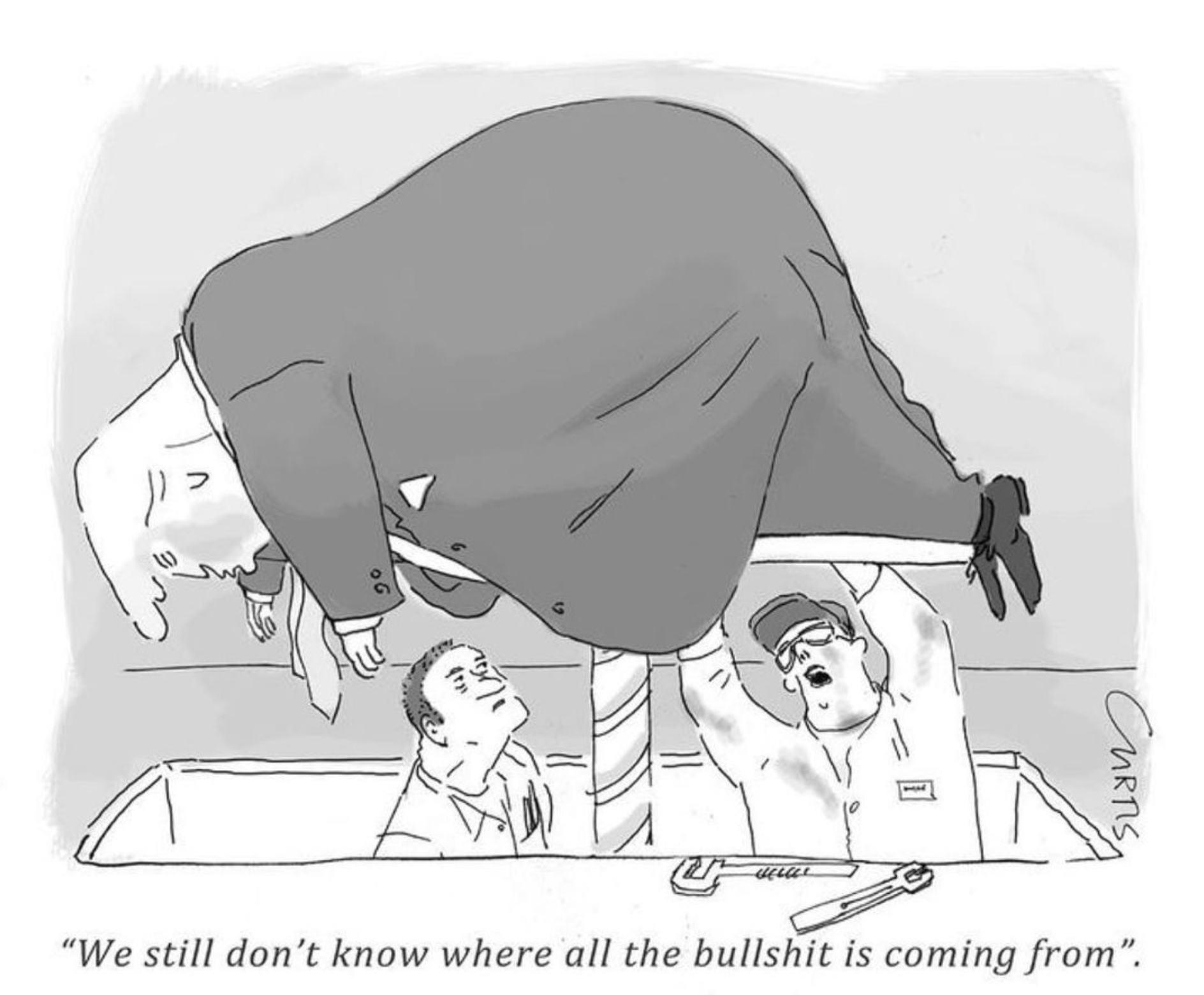The Daily Escape:

Today let’s take a look at an election prediction technology that may help explain the Harris/Trump polling disparities better than conventional polling. Wrongo, and he’s sure very few of you have ever heard of Thomas Miller, a data scientist at Northwestern University and his innovative election forecasting model. From Northwestern Now:
“For the second U.S. presidential election in a row, a Northwestern University data scientist is running a novel forecasting platform that updates the odds of a win by former President Donald Trump or Vice President Kamala Harris each day.
With this level of precision, followers can see how single events — such as a debate, campaign activities or legal rulings — might affect the potential outcome of the U.S. presidential election.”
Miller’s system uses data from PredictIt, the largest private political betting exchange in which users bet real money in real time on political races. He then uses that betting data as input to his models for how the Electoral College will vote. Fortune Magazine picked up on Miller’s work:
“I was intrigued by the highly original methodology Miller deployed in calling the trends, and outcomes, first in the presidential race, then for the two Georgia senatorial contests, where the surprise twin victories gave Democrats control of the upper chamber.”
More:
“In all three 2020 contests, Miller beat virtually every pollster, and modeler parsing multiple voter surveys. He missed the size of Biden’s win in the electoral college by just 12 votes, tagging every state for the correct column save Georgia.”
Here’s Miller’s innovative methodology: (brackets and emphasis by Wrongo)
“For the 2020 Biden-Trump face-off, Miller deployed the pricing posted on the largest US political betting site, Predictit. He took the Predictit odds in…56 individual voting jurisdictions, tracked the hourly changes, and used his proprietary model to roll the data into daily odds that were extremely current given that folks were posting bets for one candidate or the other 24-7 on the site.
For the [Georgia] Senate races, Miller took a different tack. He assembled a group of about 1,200 Georgians whom he lured by agreeing to pay them a few dollars to participate, and extra dollars if they named the contender most likely to win—not the necessarily one they planned to vote for, as well as predict the margin for victory. The method he developed, called a “prediction survey” taking the best parts of the polling and the betting market guided Miller to a near-perfect reading of the voting shares.”
Now you know who Miller is and maybe why we should listen to him.
Miller doesn’t rely on polls he primarily uses the betting markets. He points out that the right question isn’t “who are you voting for” but “who do you expect to win.” He says that while polls tell you about the past, the odds on the betting sites map the future. The traditional method builds in a four to five day lag in data. It also focuses on an opinion today that can be changed by tomorrow.
And while the pollsters don’t pose that query, it’s exactly how the participating bettors are making the presidential election into a market. This kind of analysis is dismissed by mainstream outlets.
But think about it: Miller relies on prediction markets that have tens of thousands of investors, with thousands of shares traded each day. Typical opinion polls involve between one and two thousand respondents.
As of the article, (9/16/24) Predictit is showing a price of 55 cents for Harris, and 45 cents for Trump. Once again, those odds translate in 55% of the popular vote for the Democrat according to Miller’s model. Miller then maps the votes to the Electoral College. So if the “market” situation persists, Trump faces an absolute rout.
From Miller:
“It would be somewhere between the defeats of Barry Goldwater by Lyndon Johnson in 1964, and Bob Dole by Bill Clinton in 1996….We’re talking about a blowout where Harris gets over 400 electoral votes and wins Michigan, Pennsylvania, North Carolina and every other swing state.”
From his lips.
Of course there are caveats. America’s never witnessed a reversal of fortune remotely as dramatic as this one:
“It’s gone from a drastic landslide in Trump’s direction to a drastic landslide for Harris,”
Before the debate, the numbers were reversed with Trump holding 400 Electoral College votes.
What does it all mean? Time is short. Early voting has started in several states. The distance between Harris and Trump is now so great that only another epic swing would bring Trump back into contention. So Miller predicts that as of right now, it Harris will win big on November 5.
Is this bullshit soothsaying? Maybe. A polling phenom emerges with very election cycle by being the most accurate. We should also remember wild swings can happen. We know the late swing against Clinton in 2016 from the Comey letter precipitated her loss.
Who knows what might happen in the next month and a half? Whatever the outcome Trump will say it was stolen. There’s no scenario in which he won’t.
And there will no doubt be post-election shenanigans with the electoral vote and the courts, and maybe even violence. But if Miller’s work holds up, it would really be hard to see another protracted slow rolling coup attempt.
Some upbeat music for a Saturday. Watch and listen to Telemann’s “Recorder Concerto in C major, TWV 51:C1, II. Allegro” played in 2020 by the Bremer Barockorchester:
Telemann is always a joy.
